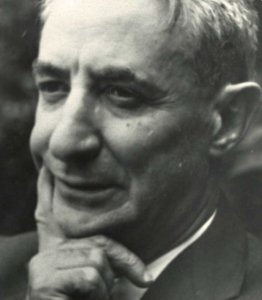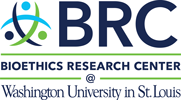The Life of Daniel Bisno
 Daniel Bisno was born May 12, 1906 in Kenosha, Wisconsin, a small blue collar, working class town about 75 miles north of Chicago on the shore of Lake Michigan. Both of his parents had escaped from Russia in 1880, penniless and uneducated but speaking five languages.
Daniel Bisno was born May 12, 1906 in Kenosha, Wisconsin, a small blue collar, working class town about 75 miles north of Chicago on the shore of Lake Michigan. Both of his parents had escaped from Russia in 1880, penniless and uneducated but speaking five languages.
Daniel grew up in Kenosha, intrigued by the newly discovered radio crystal sets. His dad died when Dan was age 12; his orthodox Jewish mother continued to run the family’s dry good store from which little income was earned. When Dan was a teenager a visit to an ophthalmologist in Milwaukee was a life determining event.
The contrast was complete between what he had known, standing behind a counter hoping to sell something to anyone and seeing the role of an educated physician in a book-lined examining room full of lenses, slit lamps, ophthalmoscopes and patients in need of help.
Four years were spent at the University of Wisconsin, Daniel committing himself to a perfect record of all A’s and a Phi Beta Kappa key in 1927 so that he might gain admission to a medical school and escape the world of counters and dry goods.
The beneficiary of a four year scholarship to John’s Hopkins School of Medicine, he earned a degree, Doctor of Medicine, in the spring of 1931. With the Milwaukee eye doctor’s office in mind, he spent the next year as an ophthalmologist apprentice following the world famous neuro-ophthalmologist, Frank Walsh, in and out of patients’ rooms at the Wilmer Institute. After looking over the famous doctor’s shoulders and into the pupils of thousands of patients that year, Daniel headed back to the Midwest, to Chicago, where he spent the next three years at Michael Reese Hospital as an ophthalmology resident.
The depression had had its effect on many. Dan had not escaped. In 1935 he was single, trained, available but penniless. He accepted an offer from a catholic hospital in St. Louis to run their eye clinic for $50 a month. With that base on which to count, he opened a private office and volunteered to run, at minimal if any compensation, the eye clinic at St. Louis City Hospital, St. Louis County Hospital, and the Jewish Hospital. He became a member of the clinical attending faculty at Washington University.
For forty years Daniel gave of his time, every week at City or County Hospital and also at McMillian and Jewish. He cared for the ophthalmic needs of indigent patients and trained dozens of young men and women, not only surgical techniques but how to ask important questions. Questions not only about anterior and posterior chambers and from Duke Elder but, just as important to him, to what we dedicate our lives and by what values and ethics do we chose to live.
Daniel was a lifelong proponent and advocate of the highest ethical values, both personal and professional. If a given situation would have the slightest hint—if there could be the slightest questions raised, of a conflict of interest, that situation should be avoided. Everything he did, everything that he tried to teach, to pass on to future generations… was to do the right thing… and always for the right person.

